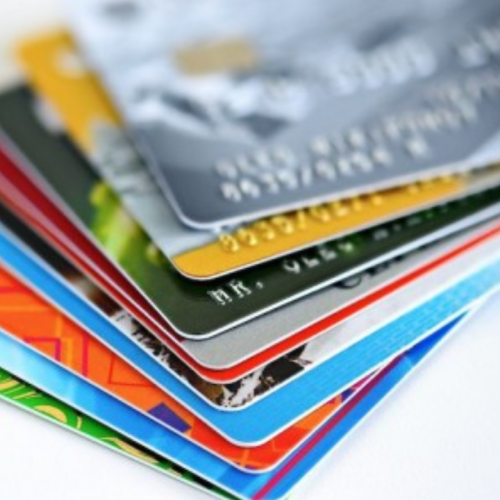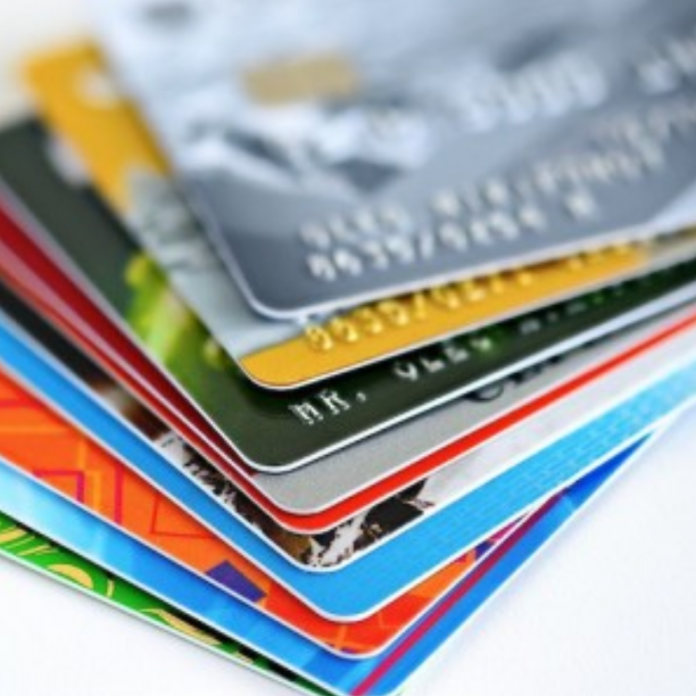When your credit score is low, your choices for credit cards become severely restricted. The majority of credit card issuers typically require a minimum score of 700 or higher. Unfortunately, improving your credit score is a time-consuming process with limited immediate solutions. While paying your credit card bills on time is the best course of action, it may seem unattainable if you consistently face rejections for new credit card applications. Moreover, a low credit score can lead to other financial challenges, including difficulties obtaining loans or facing rejection when attempting to make significant purchases like securing an apartment or buying a car.

Thankfully, individuals with poor credit scores still have access to credit card options. Numerous credit card companies provide special lines of credit with minimal requirements; some cards do not even impose a minimum credit score threshold. However, it’s important to note that these credit cards typically come with stricter interest rates and offer fewer perks compared to mainstream credit cards. To aid in the process of rebuilding your credit score, we have compiled a list of the top five credit cards that are particularly well-suited for this purpose.
Different Types of Credit Cards
Credit cards can be broadly categorized into two types: secured and unsecured. A secured credit card requires collateral submission before the account can be opened. Typically, companies require a refundable deposit as collateral, typically ranging from $50 to $200. In the event that you fail to pay off your balance, the company retains your deposit as a form of security. This additional layer of security provides credit lenders with greater reassurance, making it comparatively easier to obtain approval for a credit card, regardless of how low your credit score may be.
Unsecured credit cards, unlike their secured counterparts, do not require collateral. Consequently, the eligibility criteria for unsecured credit cards are typically more stringent, with most applicants needing a minimum credit score of 600. However, certain companies may offer exceptions or consider other factors, such as your savings, when evaluating your application. Unsecured credit cards generally offer superior rewards compared to secured credit cards. Both types of cards can be equally effective in improving your credit score, provided that you make timely payments.
Capital One Secured Mastercard
Capital One’s Mastercard stands out as one of the best secured credit cards, particularly for individuals with limited income. With a mere $49 deposit, you can obtain a $200 balance, making it an accessible option. As you consistently make timely payments, not only do you have the opportunity to increase your credit line, but you also receive your initial deposit back in the form of a statement credit. Furthermore, all cardholders are automatically considered for a higher credit line within a six-month timeframe.
Capital One’s Mastercard also provides the added advantage of free credit monitoring through CreditWise. This invaluable feature enables you to not only keep track of your credit score but also safeguards you against identity theft, offering you peace of mind.
Having limited income comes with the advantage of being able to track all monthly subscriptions linked to your credit card easily. This feature proves immensely helpful in staying organized and ensuring timely payments. By monitoring the timing of each monthly charge, you can avoid surprises and prevent exceeding your credit card balance. This functionality empowers you to stay on top of your financial commitments while maintaining control over your budget.
Aspire Credit Card
Aspire is an unsecured credit card that stands out for its minimal eligibility requirements, particularly when compared to other unsecured cards in the market. To apply, you only need a minimum credit score of 300. Additionally, Aspire offers an online pre-qualification process that allows you to assess your eligibility without impacting your credit score. This feature provides a convenient way to explore your options and make an informed decision.
As for rewards, Aspire offers two primary reward systems. When you shop at select gas stations and grocery stores and make utility payments, you earn a generous 3 percent cash back. For all other purchases, you can still enjoy 1 percent cash back, providing you with ongoing benefits and incentives for using the card.
In addition to its attractive features, Aspire offers the convenience of contactless payments through popular online services like Apple Pay and Google Pay. This functionality allows for seamless and secure transactions, enhancing your overall payment experience.
Regarding the fee structure, Aspire does have an annual fee that varies based on your maximum credit limit. The annual fee initially ranges from $85 to $175 but decreases to $29 to $49 after the first year. It’s important to note that no monthly payments are required during the first year. However, starting from the second year, there are monthly fees ranging between $7.25 and $12.50. These fees are designed to support the ongoing benefits and services provided by the card.
Discover it Secured Credit Card.
Discover offers a premium secured credit card that stands out among its counterparts. One notable advantage is the absence of annual fees, making it a cost-effective choice for cardholders. However, upon opening an account, you are required to submit a refundable deposit of $200. It is important to note that having access to a bank account is necessary to make this deposit.
After a period of eight months, Discover provides an automatic credit review for cardholders. This review determines your eligibility for a potential shift from a secured credit card to an unsecured credit card. This transition signifies an important milestone in your credit journey, reflecting improved financial standing and paving the way for expanded credit opportunities.
Discover’s secured credit card stands out from the competition due to its exceptional reward program. Cardholders can enjoy the benefits of earning cash back on their purchases. The most significant advantage lies in the ability to earn 2 percent cash back, up to $1,000 each quarter, specifically at eligible restaurants and gas stations. This provides a substantial opportunity to maximize rewards in everyday spending categories. For all other purchases, cardholders earn a solid 1 percent cash back, offering ongoing rewards and incentives across a wide range of spending.
Self Credit Builder
Self is a secured Visa card designed for individuals focused on rebuilding their credit, extending its accessibility to applicants regardless of their credit score. With an interest rate of 15.92 percent, below the average for secured credit cards, Self offers a cost-effective option. What sets Self apart is its reporting to all three major credit bureaus, accelerating the improvement of your credit score. Additionally, Self provides the convenience of setting up monthly payments for bills and insurance directly through your account, aiding in a financial organization and responsible credit management.
Once you have made three consecutive monthly payments on time and maintain a minimum account balance of $100 or more, you become automatically eligible for an unsecured credit card with Self without the need for a credit check. While Self offers numerous advantages and serves as an effective tool for rapid credit rebuilding, it is important to note the presence of a $25 monthly fee. Initially, this fee may seem relatively high; however, if you upgrade to an unsecured line within three months, the overall cost is comparable to typical annual fees associated with other credit cards.
Surge Mastercard
Surge is an unsecured credit card that provides an initial credit line ranging from $300 to $1,000. The noteworthy feature of Surge is that, by consistently making timely payments for a period of six months, you become eligible for an automatic credit increase. What sets Surge apart is its inclusive nature, as it allows individuals with bad or poor credit ratings to apply, distinguishing it from many other unsecured credit cards.
Similar to Self, Surge takes proactive measures to expedite the rebuilding of your credit score. By automatically reporting your payments to the three major credit bureaus each month, Surge empowers you to enhance your creditworthiness with every successful payment swiftly. This credit-building feature proves invaluable in your journey towards a stronger credit profile.


